According to Buddhism, the Four Noble Truths involve the essence of the teachings from the Buddha and help us in coping with physical, mental, and emotional suffering. Also known as ‘The Four Arya Satyas,’ these are believed to be the realities or truths for noble or spiritual people.
Origin of The Four Noble Truths of Buddhism
Gautama Buddha gave his first sermon, Dhammacakkappavattana Sūtra, to his disciples once he attained enlightenment. His teachings focused on suffering and included the Middle Way, the Four Noble Truths, and the Noble Eightfold Path.
The realities revealed by the Buddha to his disciples are known as Dharma. According to an article published by Harvard University, “The Buddha’s sermons and teachings pointed toward the true nature of the universe, what is known within Buddhism as the Dharma.”
The truths are understood by individuals who are worthy and have attained nirvana or enlightenment. The four truths of life as explained by the Buddha are:
- Dukkha: The truth of suffering
- Dukkha Samudāya: The truth of the origin of suffering
- Dukkha Nirodha: The truth of the cessation of suffering
- Dukkha Nirodha Mārga: The truth of the path to the cessation of suffering
According to Buddhism, the Buddha realized these truths while he was meditating under a bodhi tree. He is often considered a great physician who not only diagnoses a disease but recommends medicine to cure the disease.
In the first two truths, he masterfully diagnoses the issue, which is suffering, and then recognizes the cause or origin of the problem. In the third truth, he recognized the fact that suffering can be prevented with a cure, while in the fourth truth he prescribes a remedy and shows us how to be free from suffering.
Read: The Eight Worldly Dharmas and How They Block Our Spiritual Progress
Philosophy of The Four Noble Truths
Buddha’s four truths are widely accepted by all institutions of Buddhism and are found in many ancient Buddhist scriptures. These beliefs of Dharma depict his awakening and how these truths can enable other noble individuals to attain enlightenment. These are believed to be a crucial aspect of Buddhist teachings that explain their beliefs which need to be experienced personally.
Experts believe that Buddha was mainly an ethical reformer and teacher, although many people mistakenly believe him to be a metaphysician. “Instead of discussing metaphysical questions, which are ethically useless and intellectually uncertain, Buddha always tried to enlighten persons on the most important questions of sorrow, its origin, its cessation, and the path leading to its cessation,” explains the experts.
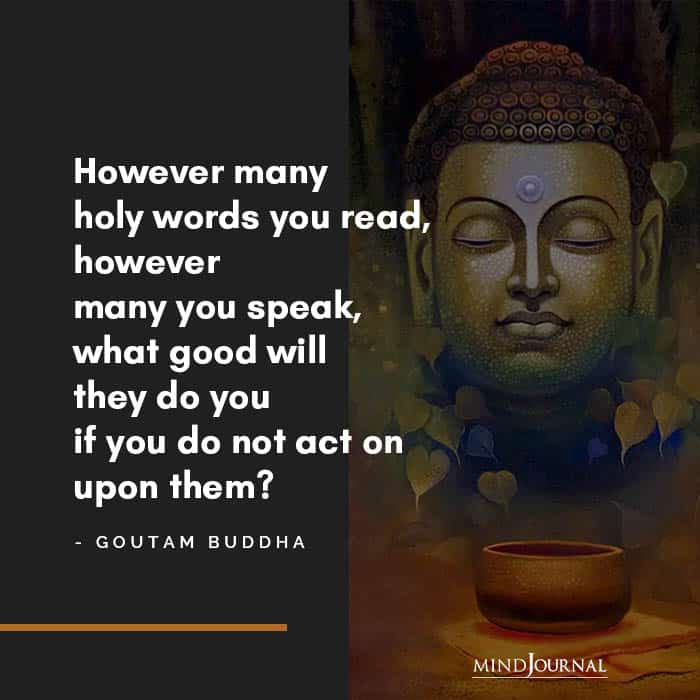
As the Buddha demonstrated his beliefs through his knowledge and experiences, instead of his miraculous abilities, his disciples realized this was the best way to attain liberation and enlightenment.
The Four Noble Truths enable us to see our reality as it truly is, identifies what is wrong with our perception and beliefs, and realize how our delusions can cause hardships and suffering. It is only by getting rid of or changing our wrong beliefs and perceptions we can overcome suffering, leading towards inner peace, wisdom, and liberation.
The Four Noble Truths of Dharma are related to the basic principles of Buddhism. When we lack self-awareness, we give in to cravings and cling to things and states that are temporary. This craving and clinging nature cause dukkha or persistent suffering.
However, there is a way to end this suffering through the cessation of craving and attaining nirvana. This can be done through self-awareness, discipline, meditation, mindfulness, and self-control.
Read: 3 Buddhists Truths to Bring you Greater Peace
Understanding The Four Noble Truths of Dharma
These realities declared by the Buddha are considered “noble” as they are non-deceptive and superior instructions for eliminating suffering from our lives. Instead of seeking pleasure in life, which is fleeting, we should focus on acknowledging the existence of suffering.
However, we should also realize that there is a way to end suffering and the key to that begins with understanding the four noble truths of Dharma. Let us explore and understand the four noble truths as mentioned in Buddhism:
1. The First Noble Truth: Suffering exists
The truth of suffering or Dukkha means pain, uneasiness, disease, discomfort, and ill-being exist in the world. The Buddha believed that our lives are riddled with struggles and challenges. As happiness is temporary and fleeting, we can never be satisfied in life.
According to the Pāli Canon, the Buddha stated “Birth is suffering, aging is suffering, sickness is suffering, death is suffering, association with the unpleasant is suffering, dissociation from the pleasant is suffering, not to receive what one desires is suffering – in brief the five factors of skandha or aggregates are suffering.”
However, this should not be considered as a pessimistic view rather it should be seen as a noble truth. Instead of denying the existence of dukkha, acknowledging its existence is the first step towards dealing with dissatisfaction, anguish, and pain.
When we are diagnosed with a disease, we need to acknowledge the fact that we are ill. It is only by realizing that we have a disease can we seek treatment and cure ourselves. All of us have our share of negative experiences, like betrayals and frustrations that are rooted in our own desires, expectations, and personal beliefs.
Life never goes the way we plan it and often goes in unexpected directions. In fact, the more we seek pleasure and have cravings, the more we set ourselves up for disappointments. Sadly, even when we are able to achieve certain goals or satisfy certain cravings, happiness lasts only for a fleeting moment.
Whether dissatisfaction is unexpected or self-created, none of us can avoid pain and suffering in life and that is the first truth. This view is neither pessimistic nor optimistic, but simply realistic.
Read: The Key To Bliss: Let Go Of Expectations and Avoid Suffering
2. The Second Noble Truth: The origin of suffering
Samudāya, one of the four noble truths of Dharma, refers to the truth of the origin of suffering and focuses on determining the causes related to the origin of suffering. According to Buddhists, suffering arises mainly from ignorance and desire.
In Buddhism, desire mainly refers to seeking pleasure and craving material goods that cannot be satisfied ever. As we desire things and experiences that can only cause temporary happiness, this leads to suffering.
On the other hand, ignorance prevents us from experiencing the world as it truly is. Ignorance gives rise to certain vices, like anger, hatred, envy, and greed.
The truth of arising of suffering is explained as “It is this thirst or craving that leads to rebirth or re-becoming and is associated with passionate greed that seeks fresh pleasure nowhere and now there, like craving for sensual pleasure and craving non-existence or self-annihilation and existence,” according to the Pāli Canon.
Read: Buddha And The Angry Man: A Short Spiritual Story
Although most of us tend to blame external factors and people for our problems, the Buddha says the main reason for our problems originates from our thoughts, beliefs, and perceptions.
He observed that our impulse to crave and attain things that we do not have at present is the main cause of the origin of pain and suffering. According to an article in the BBC, the three roots of evil and suffering are:
- Greed and desire, represented by a rooster
- Ignorance or delusion, represented by a pig
- Hatred and destructive urges, represented by a snake
Understanding these causes of suffering can help us to observe and analyze our experiences more realistically and prepare ourselves for whatever comes next.
3. The Third Noble Truth: The cessation of suffering
Nirodha, the third truth of Dharma, refers to the end of pain and suffering in mortal life or in our spiritual life by achieving Nirvana or liberation. It is a transcendent state that frees us from the limitations of the cycle of birth and rebirth and enables us to experience spiritual enlightenment.
By letting go of limiting beliefs about the world and ourselves, we can remove all our boundaries and restrictions and unlearn wrongful things taught by social conditioning. According to the Buddha, detaching yourself from attachment is the only way to remove desire.
This is one of the four noble truths focused on the solution and gives us hope with the probability of liberation. According to the BBC article, Nirvana can be attained by eliminating hatred, delusion, and greed as “Nirvana is better understood as a state of mind that humans can reach. It is a state of profound spiritual joy, without negative emotions and fears.”
The third truth refers to the complete cessation of craving – withdrawal, letting go, rejection, renouncement, liberation, and detachment from desires.
Buddhism does not believe that everything is suffering, but simply accepts the fact that suffering exists. But it also acknowledges the fact that this suffering can end.
The article by Harvard University adds “This is the good news of Dharma. It is possible to put an end to ego-centered desire, to put an end to duhkha and thus attain freedom from the perpetual sense of unsatisfactoriness.”
Read: 7 Things The Buddha Taught Us About Overcoming Suffering
4. The Fourth Noble Truth: The path to the cessation of suffering
Mārga, the last instruction in the four noble truths of Dharma, refers to the way or solution to end our suffering as shown by the Buddha. Known as the Eightfold Path or the Middle Way, it is a set of principles that “avoids both indulgence and severe asceticism, neither of which the Buddha had found helpful in his search for enlightenment,” explains the BBC.
The Eightfold Path includes the following steps:
- Right Understanding – Accepting basic Buddhist teachings and gaining insight
- Right Thought – Developing a positive mindset devoid of selfishness, anger or lust
- Right Speech – Using truthful, productive and positive speech
- Right Action – Refraining from killing, stealing, sexual misconduct, lying, and intoxicants
- Right Livelihood – Avoiding professions that harm others, such as slaughtery or prostitution
- Right Effort – Building a life with attention, intention, perseverance and patience
- Right Mindfulness – Being aware of the present moment and of self i.e. mindfulness of bodily sensations
- Right Concentration – Developing mindfulness through meditation to achieve meditational states
When we become aware of ourselves and our surroundings, we can become conscious about our habits & illusions that prevent us from obtaining liberation.
Read: Meditation For Beginners: Everything You Need To Know About Meditation
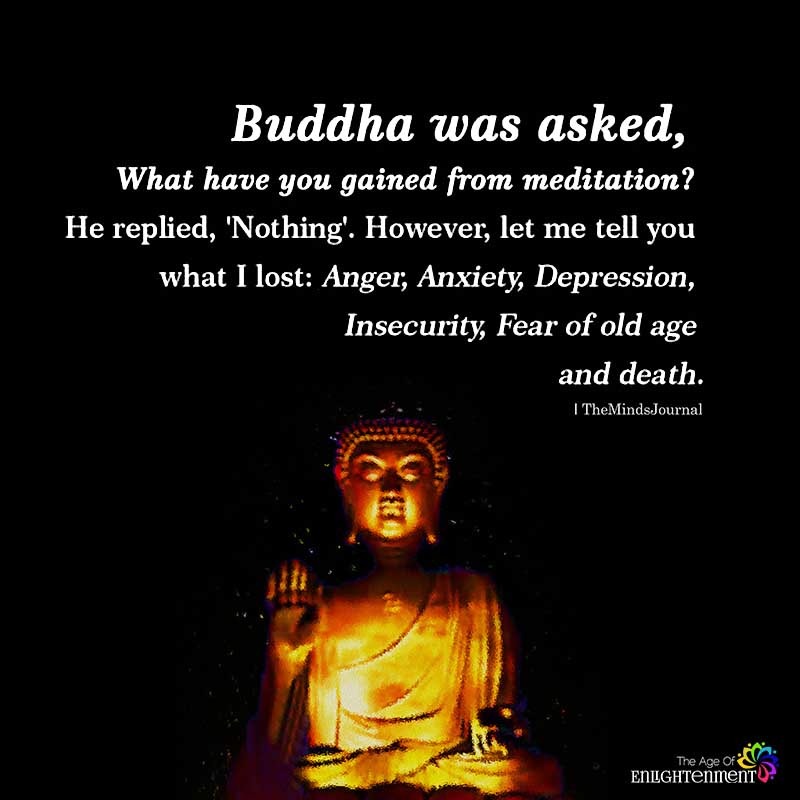
Truth is the path to liberation
According to research, Buddha can be considered a unique psychotherapist. His teachings and principles have helped millions of people across the world over centuries. Buddhism is about coming back to our own life “with a new attitude.
By being calmer, more aware, a nicer person morally, someone who has given up envy and greed and hatred and such, who understands that nothing is forever, that grief is the price we willingly pay for love,” the researcher explains.
The four noble truths make life acceptable and allow us to overcome our self-limiting beliefs. These noble truths of Dharma can be acknowledged and practiced in various ways, directly or indirectly, which can enable us to experience inner peace and experience better mental, emotional and physical health.
Read: 8 Buddhist Beliefs To Heal Your Soul and Find Happiness



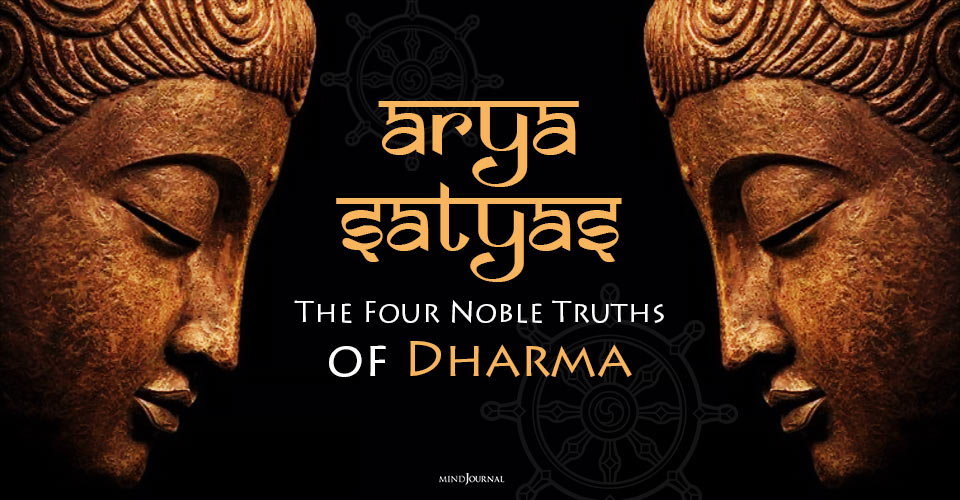

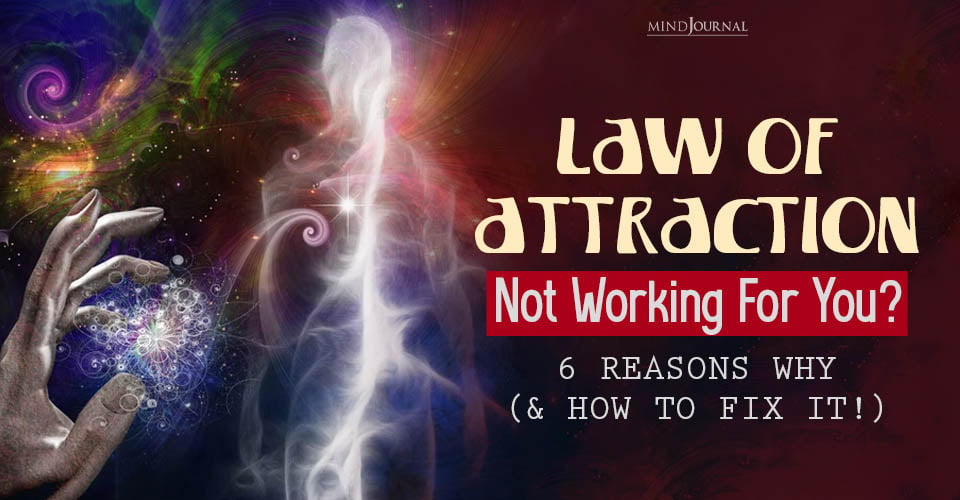

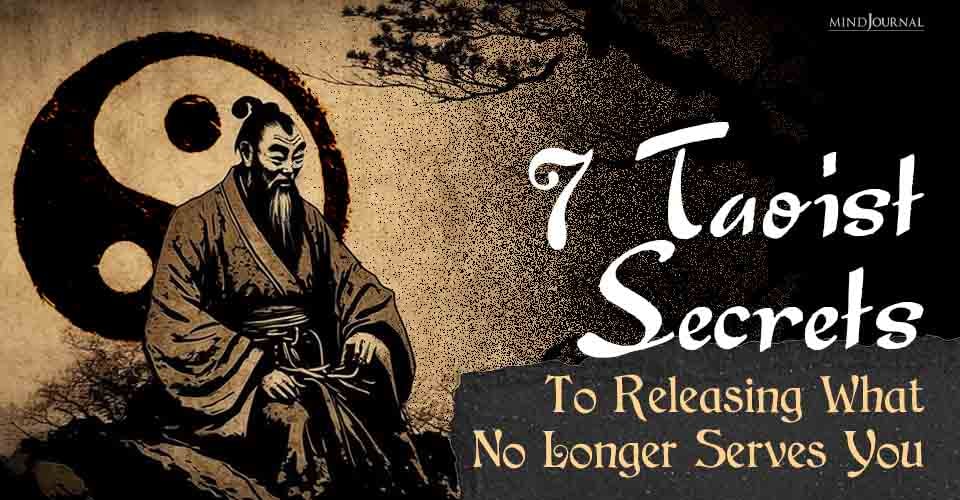
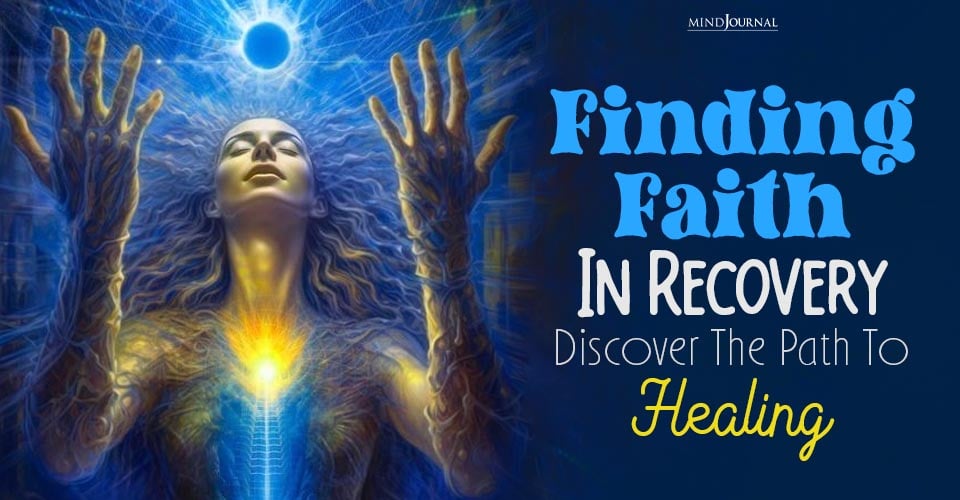


Leave a Reply